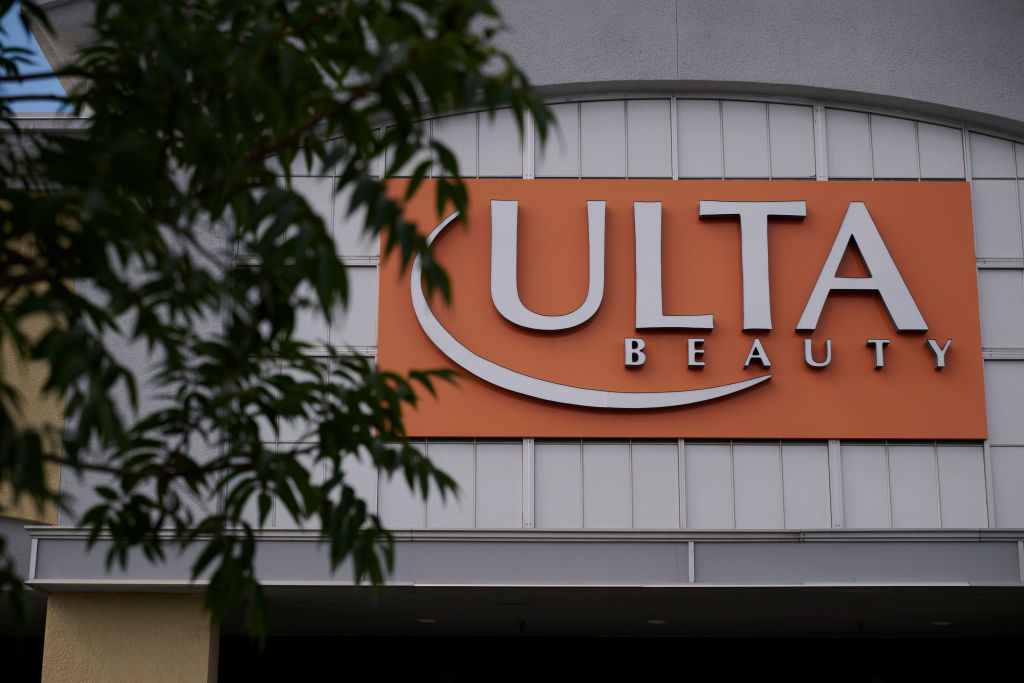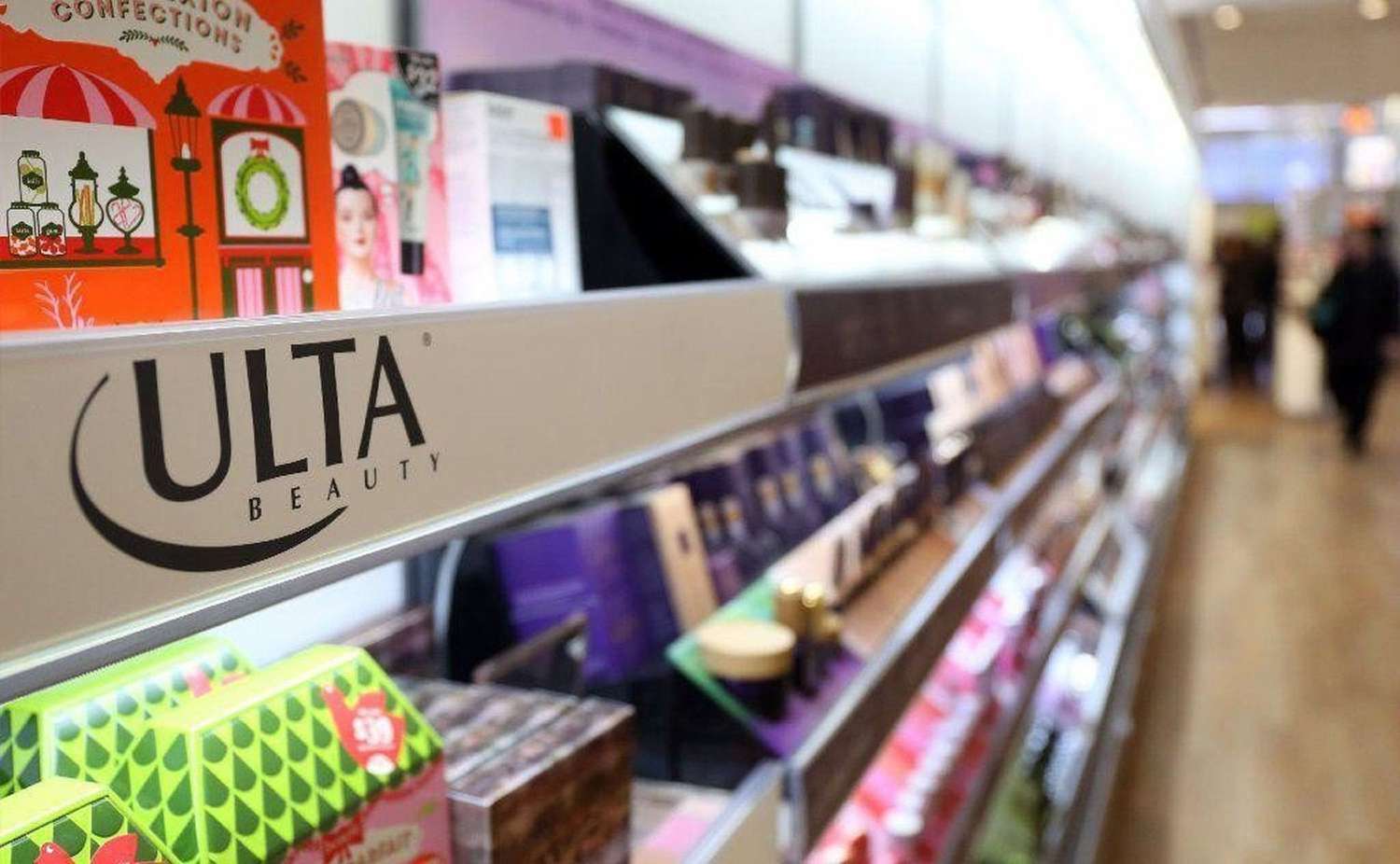Shares of Ulta Beauty rose in after-hours trading on Thursday after the company reported an increase in third-quarter sales. Consumers continued to spend on fragrances, skincare, and other beauty products even amid tight budgets.
The specialty beauty retailer adjusted its full-year sales and earnings expectations, raising the lower end of its range.
Ulta expects net sales for the fiscal year to fall between $11.10 billion and $11.15 billion, with comparable sales projected to range from 5.0% to 5.5%. Adjusted earnings per share for the year are anticipated to be between $25.20 and $25.60.
During an earnings call with investors, CEO Dave Kimbell highlighted robust traffic both in-store and online. He noted that while a more promotional holiday season is anticipated, the season has “off to a good start” with stores well-stocked with “both value-first and splurge-worthy items.”
“Our insights suggest that consumers are ready to celebrate even as they go through an uncertain economic environment,” he said.
Additionally, Ulta announced a leadership change on Thursday. Chief Financial Officer Scott Settersten will retire in April after nearly 20 years with the company. He will be succeeded by Paula Oyibo, Ulta’s senior vice president of finance.
For the fiscal third quarter, net income increased to $249.5 million, or $5.07 per share, compared to $274.6 million, or $5.34 per share, in the same period last year. Revenue rose from $2.34 billion in the previous year.
Comparable sales, which track stores open at least 14 months and online sales, grew by 4.5% year-over-year.
During the quarter, Ulta experienced more customer visits to its stores and website, although spending per transaction slightly declined. Transactions rose by nearly 6%, while the average ticket fell by 1.4% compared to the prior year.
Beauty has remained a strong category for retailers over the past year, with consumers continuing to spend on makeup, face masks, fragrances, and other beauty products even as they cut back on other discretionary purchases.

This trend has led retailers such as Macy’s, Target, and Kohl’s to expand their beauty offerings, including adding new brands, products, and store space. For example, Target has been increasing the number of Ulta shops within its stores.
In Ulta’s third quarter, nearly every category showed growth. Skin care emerged as the fastest-growing segment with double-digit year-over-year growth, while the fragrance and bath category saw low double-digit growth.
Makeup sales remained flat, with mid-single-digit growth in mass makeup brands balancing a decline in prestige makeup. Hair segment sales decreased in the low single digits as fewer hair tools were purchased.
Kimbell emphasized the resilience of the beauty sector across various economic conditions.
He referenced data from Euromonitor showing that the U.S. beauty category has experienced low- to mid-single-digit growth annually for over a decade, with exceptions during the Great Recession and the 2020 Covid pandemic.
“While we expect growth to continue to normalize to historical ranges, we remain confident that the category will continue to grow, barring a macroeconomic event,” he said.
He noted that customers view beauty as part of their wellness routine and are not only seeking new brands and products at Ulta’s stores and website.
As of Thursday’s close, Ulta shares had declined approximately 9% this year, compared to a 19% increase in the S&P 500 year-to-date.
Shares closed at $425.99 on Thursday, giving Ulta a market value of around $20.97 billion.







Leave a Reply